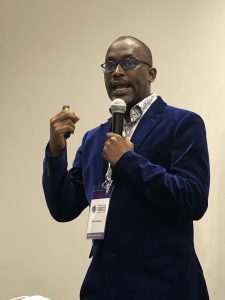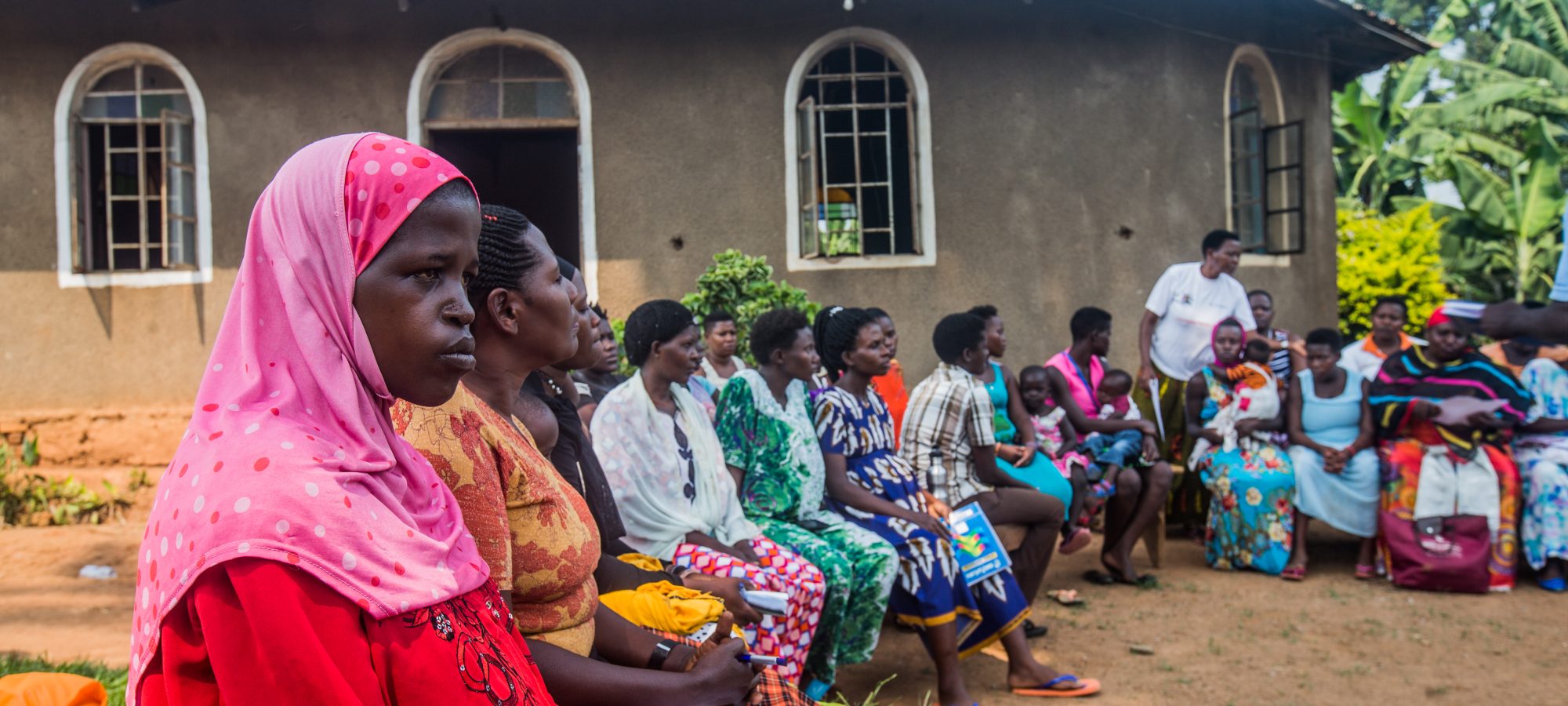From 5 to 9 December, the Social and Behaviour Change Communication (SBCC) Summit 2022 in Marrakesh, Morocco, saw the coming together of over 1,800 SBCC professionals to reflect on our experiences and the direction of SBCC. In tackling global challenges of disparity – from disparities of wealth to health, gender or education – SBCC helps us to examine the most recent evidence and innovations, build on diverse methodologies, debate our way forward and highlight successes and challenges.
Around the world, communicable diseases such as #malaria and pneumonia, as well as public health issues including malnutrition and anti-microbial resistance, overwhelm healthcare systems and threaten the lives of billions of people. Approaches to reducing the burden of these diseases in low- and middle-income countries (LMICs), where they are mostly concentrated, are in a constant state of evolution as we learn from research and evidence about the effectiveness of an intervention in a given context.
SBCC – the strategic use of communication approaches to motivate changes in norms and behaviours – is an instrumental approach to averting preventable deaths. Solutions to some of the world’s most pressing challenges, including poverty, gender equality, public health and protecting the planet, cross disciplines and requires creativity, technical expertise and innovation to achieve significant and sustainable change. The recognition of SBCC’s importance and its inclusion in potential solutions to achieve transformational change has never been more important. So, where do we go from here?
Key takeaways and how we’re integrating these into our work
As a leading non-governmental organisation specialising in inclusive social behaviour change (SBC) programming, Malaria Consortium’s projects have influenced social norms, knowledge, attitudes and behaviour, as well as policy at national and international levels. At the SBCC Summit, we shared our latest innovation – the ‘zooming-In’ approach – which concentrates SBCC interventions on malaria hotspots, then identifies and amplifies regional and national influencers as malaria behavioural role models to a wider audience. This is done in the hope that their stories will motivate and inspire other people and communities to adopt positive malaria prevention and control behaviours.

Following the event in Marrakech, we are integrating five takeaways into Malaria Consortium’s programmes.
1. Using more community-led and person-centred approaches
The summit reminded us of the importance of utilising and working through existing mechanisms and providing communities with a platform to define their problems for themselves and co-create change, particularly in an arena that is too often shaped by donor priorities. This means going further in amplifying the voices of those most affected by inequities and systematically engaging diverse community perspectives into programme design, implementation and evaluation.
2. Changing the social environment and systems that influence behaviour
Communications need to focus not only on increasing an individual’s knowledge, but also consider the ‘S’ in SBC. Context is critical. We need to change the social environment and systems influencing decision making and behaviour. Transformative change requires systems thinking to make the behaviours we promote easier and more attractive to perform long-term.
3. Collaboration to strengthen the SBC evidence base
Despite an ever more competitive funding environment, we are all working to achieve similar goals. We continue to strive for better collaboration and less competition. This includes sharing both successes as well as talking more openly about our failures so that together we can fail faster, learn, unlearn, revise and relearn while strengthening the SBC evidence base.
4. Decolonising language and de-biasing mindsets
Let’s continue to create spaces for meaningful exchanges, connection can inspire new ideas, but we must remain mindful of prevailing narratives. The language we use can undermine or shift power dynamics but can also drive accountability and inclusion. Being aware of our own and our teams’ biases and how they influence decision making, decolonising our language and SBC and de-biasing mindsets of our teams will ultimately lead to more inclusive, appropriate SBC programming.
5. Utilising behavioural science
Behavioural science, the systematic study of human behaviour and of how we make decisions, is still underutilised. At Malaria Consortium, we have some interesting research in the pipeline investigating the gap between knowledge, thinking, and the uptake of healthy behaviour, using behavioural insights to hopefully increase effectiveness and uptake of our interventions.
As we look forward to 2023, we’ll keep innovating and widening our approaches to better fit the needs of our audiences through; a keener focus on diversity and inclusion; storytelling to deepen connection and bring data to life; AI (artificial intelligence) and digital media and a better understanding of the importance of choice architecture and of cognitive biases, including our own, while generating evidence to strengthen behaviourally informed, data-driven programming.
Helen Hawkings is Malaria Consortium’s Social and Behaviour Change Specialist
Daudi Ochieng is Malaria Consortium Uganda’s Communications Specialist
To find out more about Malaria Consortium’s innovative SBC approaches, read our SBC Capacity Statement
